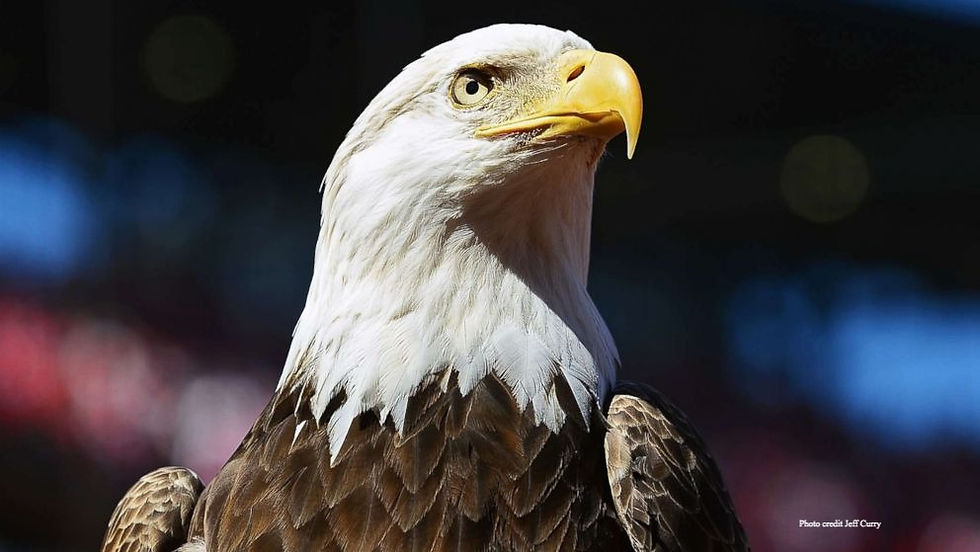CRITTER SPOTLIGHT: Darkling Beetle: Tenebrionidae
- cynthiamorissette
- Oct 4, 2020
- 2 min read
Good Morning Watershed Explorer Scientists,
Today's critter spotlight is about a critter that some consider a pest. It's larva is commonly known as a mealworm. It is the darkling beetle in the family of Tenebrionidae.

Darkling beetle adults and larvae feed on dead material like rotting food and wood, dead plants, and fungi. They may also eat through clothing or rugs if they make their way into people's homes. Both adult and larvae are also nocturnal. Adult darkling beetles cannot move very fast, so they have a special defense, they can release a cloud of natural, poor smelling chemicals if threatened. Darkling beetles are very widespread and feed a lot of watershed critters like rodents, birds, and reptiles.
Habitat: Interestingly enough, the darkling beetle is native to Africa, but is now widespread in North America. Adult beetles and their larvae most likely traveled here in bags of food many years ago. Darkling beetles inhabit mostly dry areas, which is why these critters are most common in the Western United States. However, several species of darkling, like the one picture above can be found in Eastern parts of the United States. This mealworm was found at Stepping Stone Falls in Exeter, Rhode Island.
Diet: As stated above, darkling beetles and their larvae are nocturnal and feed on dead material.
Watershed Role: Even though the darkling beetle and their mealworm larvae are considered by most to be pests, they are actually quite helpful in the watershed. They provide food for many other creatures and they help to clean up by eating all of the dead material.
Go on a darkling beetle search! A great outdoor exploration activity is rolling over fallen logs or observing dead wood. My girls and I found the beetle larva above by gently pulling back some dead bark that was on a fallen log. So many cool critters can be found in these microhabitats.
I would love to hear about your outdoor explorations. If there are critters that you would like featured in an upcoming critter spotlight, please email me at cmorissette@narrabay.com
Happy Exploring,
Mrs. Morissette






omg its so small i can even carry it with one hand omg and its so so cute i cant even stop looking at it